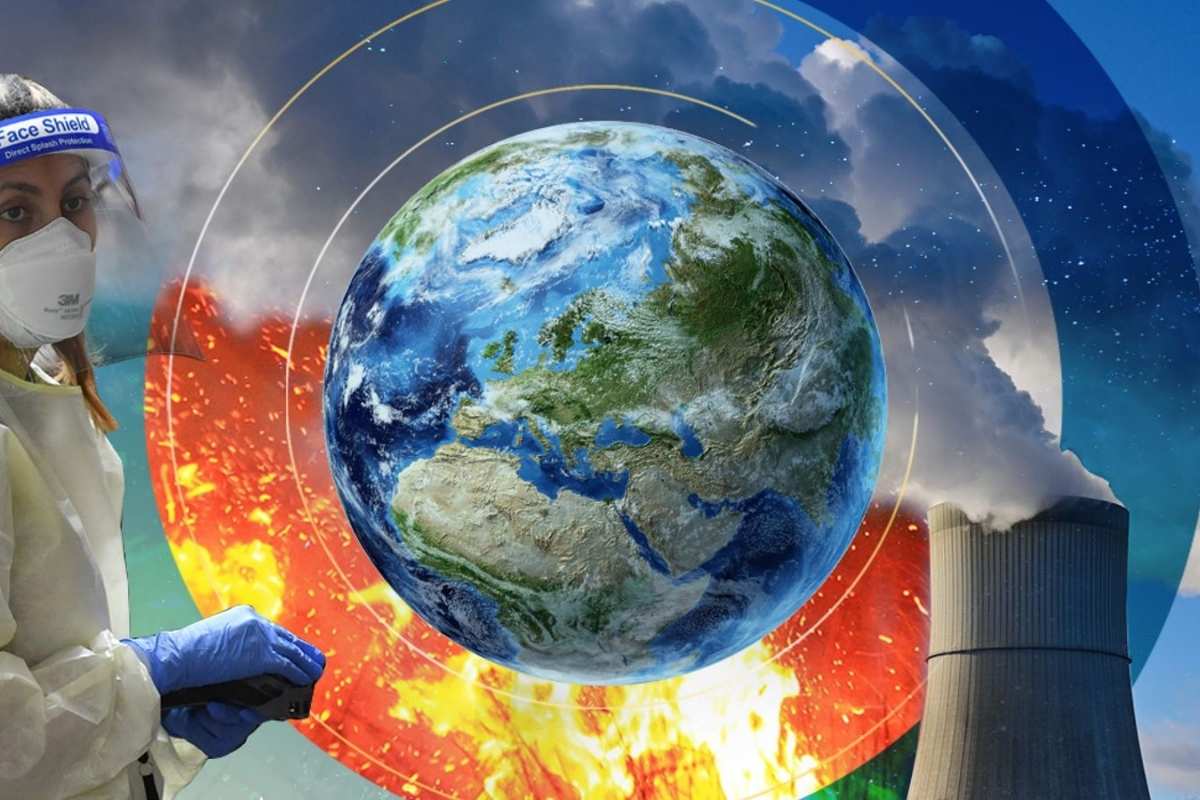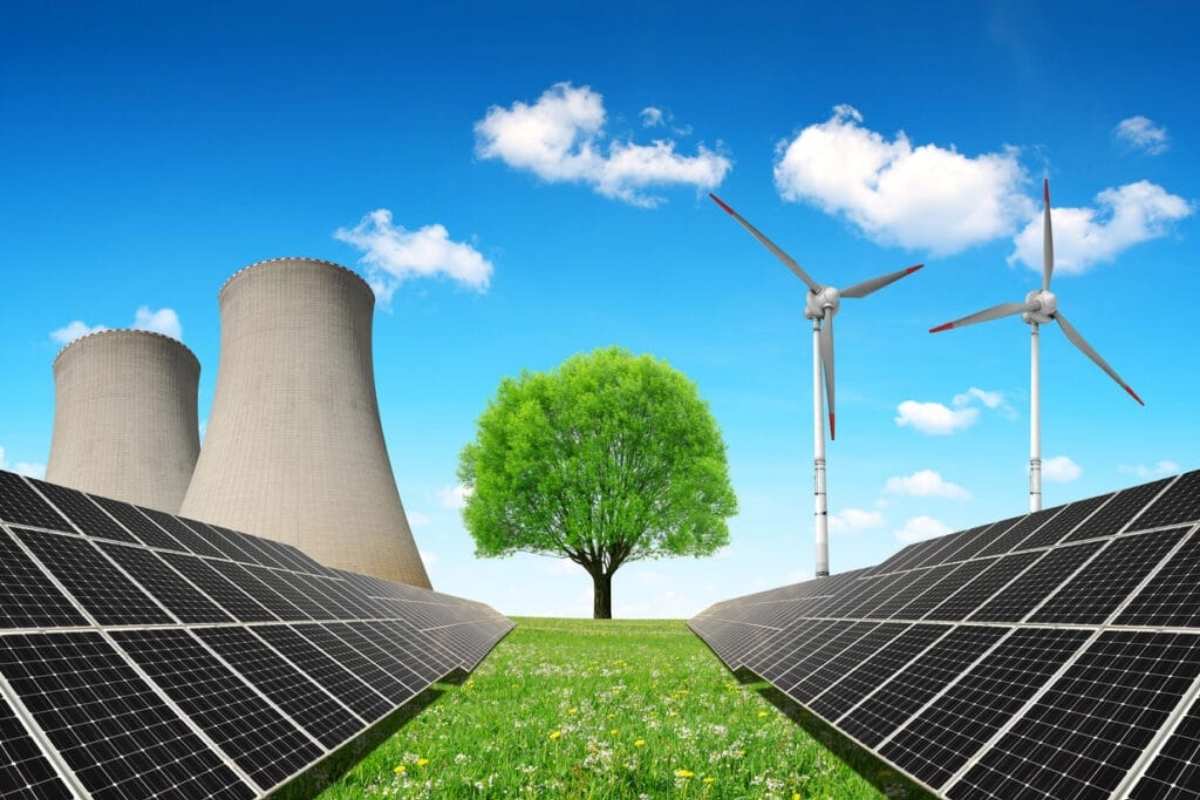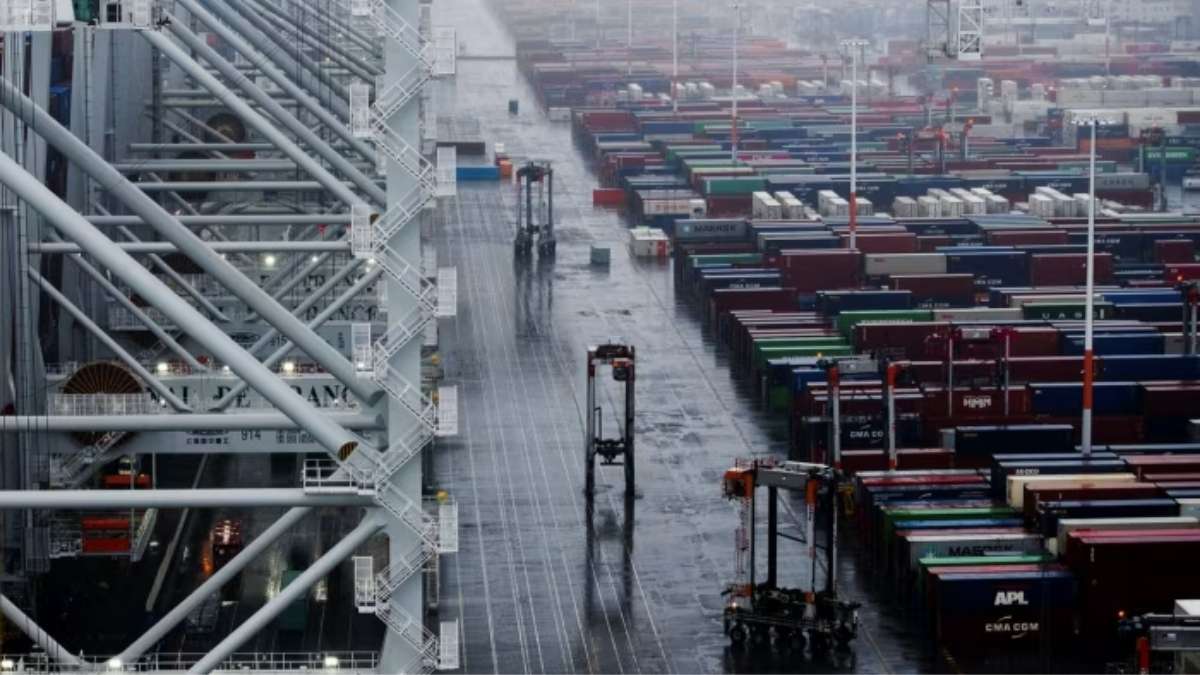Climate change remains one of the most pressing global challenges in 2025. Rising temperatures, extreme weather events, and environmental degradation continue to impact ecosystems, economies, and human livelihoods. Governments, businesses, and communities worldwide are implementing new strategies to mitigate climate change and adapt to its effects. This article explores the latest developments in climate policies, technological innovations, and global cooperation efforts.

1. Global Climate Policies and Agreements
International organizations and governments have intensified their efforts to combat climate change through stricter policies and new agreements.
- COP30 Commitments: Countries have pledged to reduce greenhouse gas emissions further, with a focus on achieving net-zero targets by 2050.
- Carbon Pricing Expansion: More nations have adopted carbon taxes and cap-and-trade programs to incentivize businesses to lower emissions.
- Stronger Environmental Regulations: Governments are enforcing stricter regulations on industries with high carbon footprints, such as manufacturing and transportation.
Read more: The Power of Microbiology: How Tiny Organisms Impact Our Lives
2. Renewable Energy Revolution
The transition to renewable energy sources is accelerating as nations invest in sustainable alternatives.
- Solar and Wind Power Growth: The cost of solar and wind energy has decreased, making them more accessible.
- Hydrogen Energy Innovations: Green hydrogen is emerging as a key solution for industries that rely on fossil fuels.
- Energy Storage Solutions: Advances in battery technology improve the efficiency and reliability of renewable energy grids.

3. Climate Adaptation Strategies
Countries are developing new ways to adapt to climate change and protect vulnerable communities.
- Coastal Defenses: Governments invest in seawalls, flood barriers, and natural solutions like mangrove restoration to combat rising sea levels.
- Smart Agriculture: Farmers use AI-driven irrigation systems and drought-resistant crops to improve food security.
- Urban Green Infrastructure: Cities incorporate green roofs, permeable pavements, and expanded urban forests to manage heat and stormwater.
4. Technological Innovations in Climate Action
Technology is playing a crucial role in addressing climate challenges.
- Carbon Capture and Storage (CCS): Companies are deploying new technologies to remove carbon dioxide from the atmosphere.
- AI and Climate Forecasting: Machine learning enhances climate prediction models, helping policymakers make informed decisions.
- Sustainable Materials: Industries are developing biodegradable plastics and low-carbon building materials.
5. The Role of Businesses and Corporations
Corporations are taking proactive steps to reduce their environmental impact.
- Green Investments: Companies are shifting to sustainable supply chains and eco-friendly production methods.
- ESG (Environmental, Social, Governance) Initiatives: Investors prioritize businesses that align with sustainability goals.
- Corporate Carbon Neutrality Pledges: Leading brands commit to achieving carbon neutrality through innovative practices.

6. Global Cooperation and Community Actions
Efforts to combat climate change require collaboration across borders and grassroots initiatives.
- International Climate Funds: Wealthier nations provide financial support to developing countries for climate adaptation projects.
- Youth and Activism: Movements like Fridays for Future continue to push for stronger climate policies.
- Local Sustainability Projects: Communities worldwide adopt renewable energy, reforestation, and conservation programs.
Conclusion
The climate crisis remains a global emergency, but 2025 has shown increased commitment to action. Governments, businesses, and individuals are working together to mitigate emissions, advance renewable energy, and adapt to the changing environment. While challenges persist, technological innovations and international cooperation provide hope for a more sustainable future.


